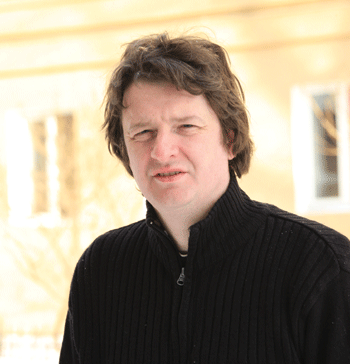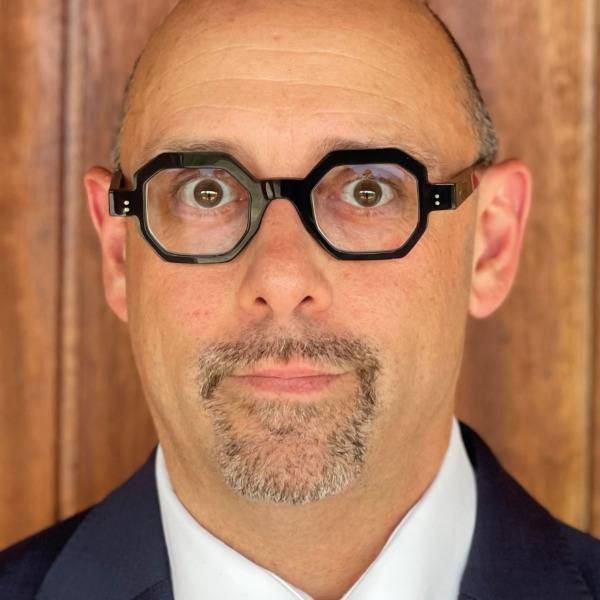
This article is a preview from the Spring 2014 issue of New Humanist magazine. You can subscribe here.
Marc Bennetts is a Moscow-based journalist who was an eyewitness to the anti-Putin protests of late 2011. His new book, Kicking the Kremlin: Russia’s New Dissidents and the Battle to Topple Putin (Oneworld), chronicles this movement and its leading lights, from the punk feminists Pussy Riot, three of whom were jailed for their “blasphemous” protest at the Cathedral of Christ the Saviour, to the anti-corruption campaigner Alexei Navalny.
In 2011, as Vladimir Putin announced he would run for president a third time, an unprecedented wave of protest erupted in Moscow. Has it now been suppressed?
Yes, it’s almost gone back to the situation before 2011, where the opposition are a marginal minority. But one thing that’s changed is that the protests happened – and because they happened, people have realised that things can change again very quickly. That might be one reason why Putin released [the members of] Pussy Riot just before the Sochi Olympics: as symbols of protest, they were more beneficial to the anti-Putin movement behind bars.
Many protesters were arrested and leaders have been pursued through the courts – yet it’s striking how quickly the movement vanished after 2011.
It wasn’t a unified protest movement at all. It was a display of political groups across the whole spectrum, from hard Left to ultra-Right. Even Navalny, who has done a lot to expose corruption, and had a lot of support from Western liberals, is a nationalist. I mean, he wouldn’t look out of place at a Thatcher-era Conservative party conference. The problem is that people are always looking for a saviour: “this person will arise and wipe away the evils of the past.” It happened with Yeltsin, it happened with Putin to some extent too.
The protest movement was portrayed as being led by middle-class, urban professionals. Is that why it failed to spread much beyond Moscow?
Even now, Putin still has the support of 45 to 50 per cent of the population. But discontent is widespread. United Russia [Putin’s party] is widely known as “the party of crooks and thieves”. But there are a few reasons the movement didn’t take root outside Moscow. One is because the only message was “get rid of Putin”: they weren’t proposing an alternative. Also, Putin has total control of state television, so there wasn’t much chance of spreading the message. The internet is a very good source of dissenting voices, but to a large extent these blogs are preaching to the converted.
A decade ago, Putin was credited with restoring “stability” to Russia after the chaos of the 1990s.
That’s still fresh in people’s minds. The ’90s were a terrible time for Russia. There’s a big divide not just between the provinces and Moscow but also between generations. For older people with families and jobs, it is very important to have stability. Putin’s rule reminds them of the Soviet era. The younger people, they don’t get that because they didn’t go through the 1990s in a meaningful way, they were kids, they didn’t need to earn money. All they see is just some strange old man, basically.
Even that older generation are increasingly unhappy with the state of their country.
I think people are just fed up with corruption, with negligence, with being treated like their voices don’t matter. A lot of people live in crumbling houses, and they still have to pay more in maintenance fees than people pay in England – and then no one comes around to fix their roof when it falls down.
Drunken officials can plough into people in their cars and kill them and no one will go to jail. The police can just drag you off the street and beat you up. There’s a lot of things.
Why did Pussy Riot choose a cathedral as the location of their most notorious protest?
Their protest was a reaction to the [Orthodox] Patriarch’s endorsement of Putin’s candidacy in February 2012. Until that point, the Church hadn’t taken sides in the unrest. But Pussy Riot alienated a lot of Russians, who didn’t understand what they were doing.
It’s important to point out that during the Soviet era religion was persecuted. Thousands of people were murdered for being Christian. So to a lot of older people it was a reminder of that: instead of seeming like a blow for freedom, actually it seemed like a blow from the past, from the Soviet oppression of religion.
But the Soviet state also used religion to maintain its power. Does that continue under Putin?
Yes, it’s an ongoing tradition. There’s strong evidence that the current Patriarch, Kirill, was a KGB agent. His predecessor was also a KGB agent. Church and state have always been close in Russia: the Czar was always the protector of the Church, for instance.
And is Putin now exploiting that relationship with laws that appeal to conservative ideology, like the ban on “homosexual propaganda”?
Putin doesn’t make that many references to the Church as such. He talks about traditional beliefs and “Russian values” and “Christian values”, but I think he also understands that the Orthodox Church is a potential rival. There are dissident priests calling openly for revolution: if those ideas spread, Putin is finished.
At the moment, the Church is the only institution with the national reach to seriously challenge his power. When the protests started, Navalny was suggesting that the Church could perhaps mediate between the protesters and the Kremlin and maybe play a similar role to that played by the Catholic Church in Soviet-era Poland.
As you say, protest can erupt very quickly. Are there any potential flashpoints on the horizon?
Probably not until the 2018 elections, if Putin decides to stand again. Right now, I can’t see any cause that is going to erupt into mass protests.
Then again, there is always the potential that something is going to come around. We are all just waiting for the spark. What’s always happened in Russia is that people rise up.
Russians are generally very patient, but when that patience snaps you don’t want to be the ruler who they decide shouldn’t be in power any more.
Kicking the Kremlin: Russia’s New Dissidents and the Battle to Topple Putin by Marc Bennets is available now (Oneworld)

